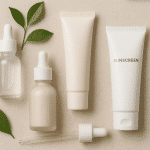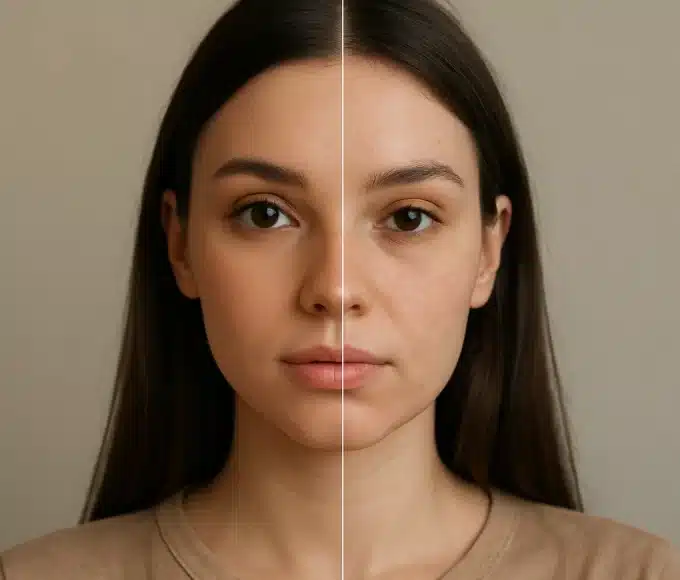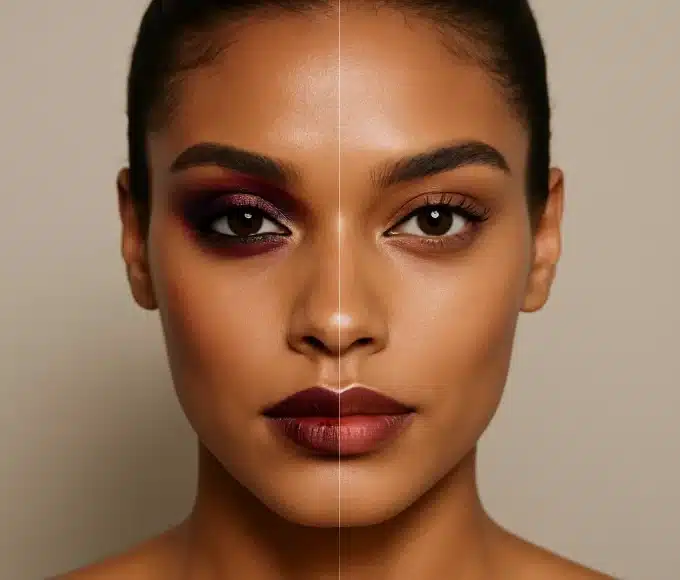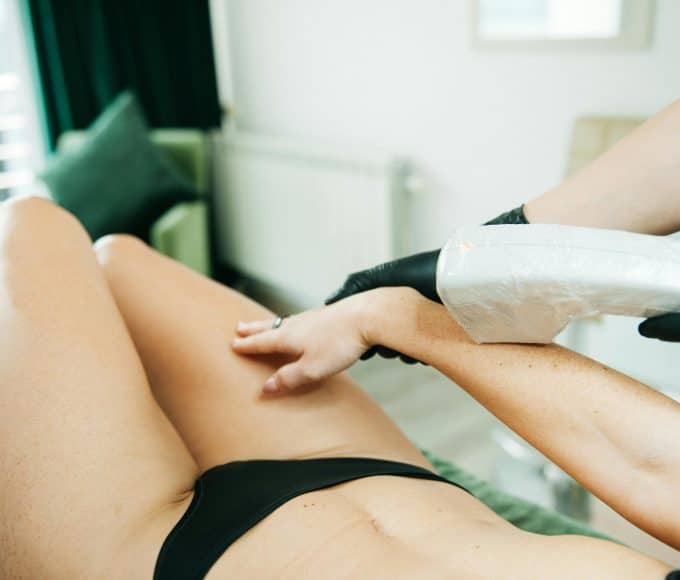No products in the cart.
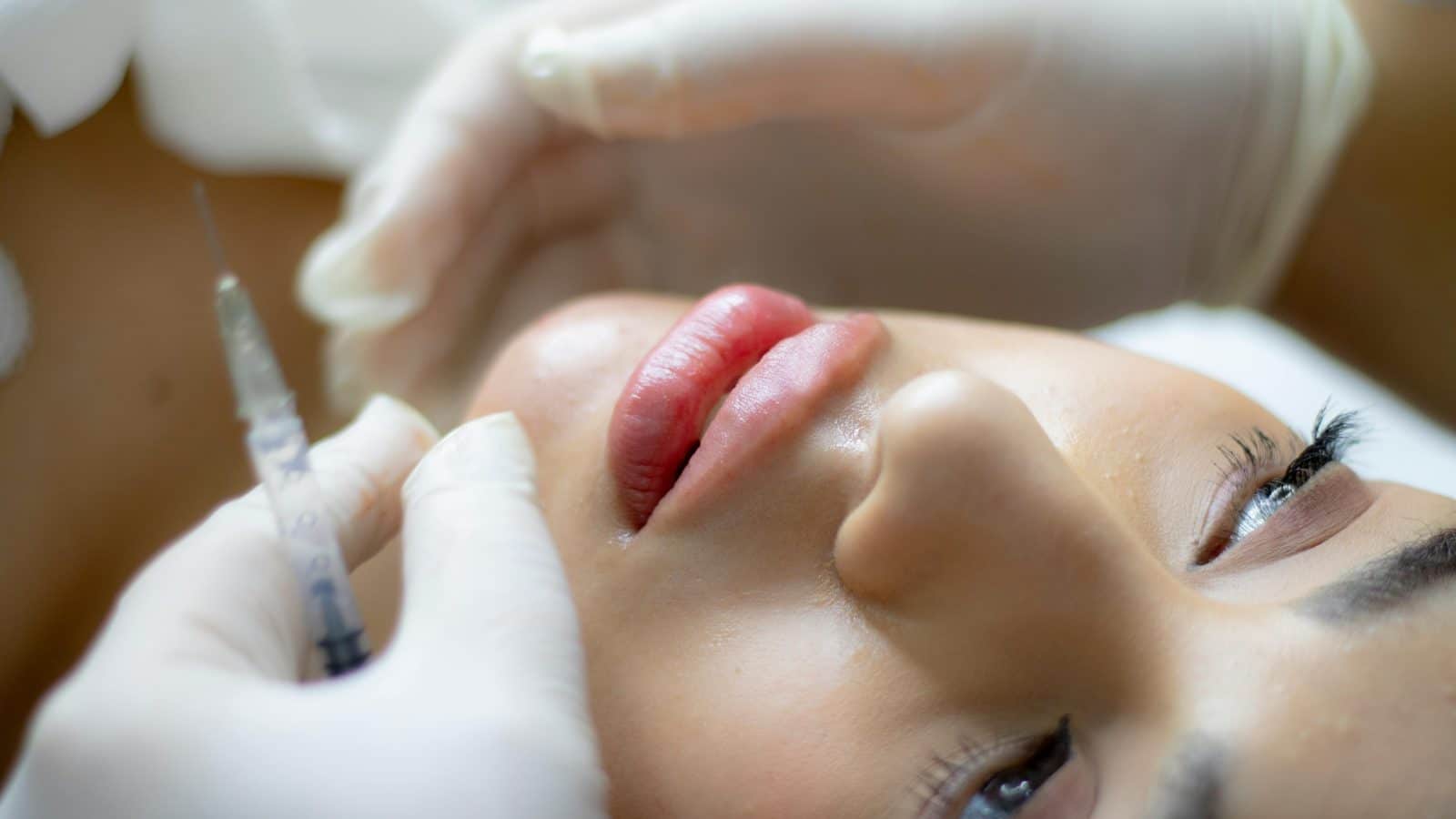
If you’re thinking of getting lip fillers, you’re not alone. Lip injections are one of the most popular cosmetic treatments in North America right now.
But before you book that appointment, there are a few important things you need to know—about safety, costs, side effects, and what results actually look like in real life.
This isn’t a scare piece. It’s a reality check so you can make an informed decision.
What Lip Fillers Actually Are
Lip fillers are injectable gels, usually made from hyaluronic acid—a substance your body naturally produces. They add volume, shape, and hydration to the lips. Popular brands include Juvederm and Restylane.
Fillers are temporary. Depending on the type and how fast your body breaks it down, results last 6–12 months on average.
Risks and Side Effects You Should Know
Even if you’re thinking of getting lip fillers for a subtle enhancement, there are medical realities:
-
Swelling and bruising are common for the first few days
-
Lumps or uneven texture can happen if product isn’t placed correctly
-
Migration (filler spreading outside the lip border) can distort lip shape
-
In rare cases, improper injection can block a blood vessel—this is a medical emergency
Bottom line: fillers are generally safe, but only when done by a licensed, experienced professional. Bargain hunting is risky.
What to Ask Before Your Appointment
-
Who is injecting me?
Look for board-certified dermatologists, plastic surgeons, or highly trained nurse injectors—not a random spa technician. -
What product are they using?
Make sure it’s FDA-approved in the U.S. or Health Canada-approved. -
What’s the dissolving plan?
If you hate the results or there’s a complication, hyaluronidase (an enzyme) can dissolve the filler. Not every injector offers this—ask upfront. -
How much do I really need?
One syringe is usually enough for first-timers. Overfilling leads to the “duck lip” look people regret later.
How Much Does It Cost in North America?
-
U.S.: $500–$1,000 per syringe
-
Canada: CAD $600–$900 per syringe
Insurance doesn’t cover cosmetic fillers. Maintenance every 6–12 months means it’s an ongoing expense.
When You Shouldn’t Get Fillers
Skip it if:
-
You’re pregnant or breastfeeding
-
You have active skin infections (cold sores, acne flare-ups) around the lips
-
You’re taking blood thinners without medical clearance
-
You’re doing it just for a short-term event—swelling can last days
Alternatives to Try First
If you’re hesitant, you can test the look before committing:
-
Lip plumping glosses (temporary but effective for a night out)
-
Lip contour makeup (liner slightly outside the natural border)
-
Laser or microneedling (stimulates collagen for subtle volume over time)
If you’re thinking of getting lip fillers, go in prepared. Do your research, know the risks, and only trust licensed professionals.
Fillers can look amazing when done right—but they’re not low-maintenance, not risk-free, and not for everyone.
The best lip filler decision isn’t about chasing trends—it’s about safety, realism, and whether it truly fits what you want for yourself.
Read more – How to Enhance Your Natural Features
Related Articles
BeautyFeaturedParenting
How Beauty Filters Are Messing With Confidence
If you spend time on Instagram or Snapchat, you already see it...
BeautyMakeup & Skincare
How to Enhance Your Natural Features
Let’s be honest—makeup trends change every season. But your face doesn’t. And...
BeautyMakeup & Skincare
Laser Hair Removal for Women Explained Simply
If you’ve been thinking about ditching razors and waxing for good, you’ve...
BeautyMakeup & Skincare
How to Get Korean Glass Skin in 2025
Here’s the deal: If you’ve been searching how to get Korean glass...


